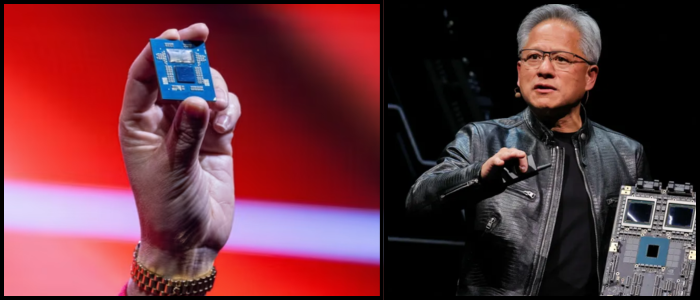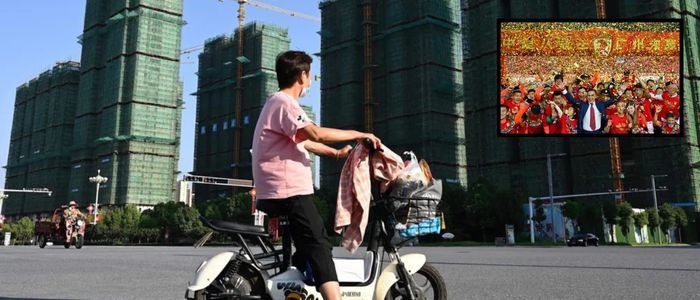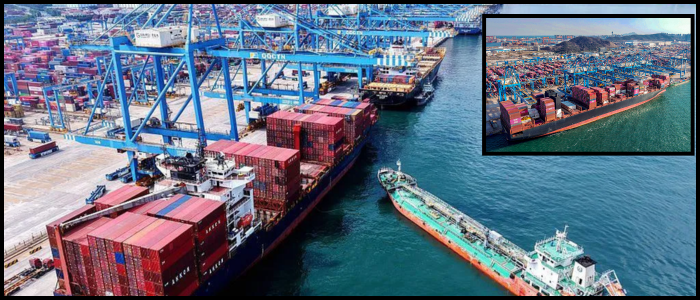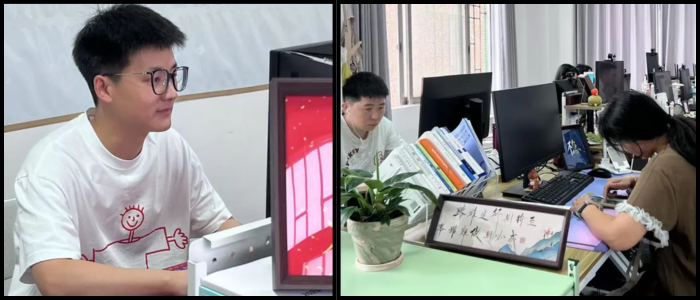Nvidia said it complies with US frameworks for international markets and would welcome export controls that permitted the US to rival China "on a level playing field, once these standards are fair". Further, it cautioned that the U.S. cannot afford to fall behind in terms of AI chip making as it has in 5G, and AMD did not respond publicly.
Trade Tensions and Policy Moves
The deal, researchers say, is "unknown," attests to the increasing price of market access through the US-China tech commerce faceoff. China needs to get the H20 chip that Washington had previously banned the Chinese from using. Export restrictions in 2023 saw the creation of the China-only H20 chip, while a special license to loosen those would-be sanctions was blocked again in April before this latest change of policy.
Reuters reported that the US President Trump met with Nvidia CEO Jensen Huang last week, as Huang had been making the case to him for months about restarting sales. U.S.-China trade seemed to rebalance a little in the past few days, after China began looking at relaxing foreign export restrictions on rare earth and the US eased back from blocking chip design software. The two countries had agreed on a 90-day tariff ceasefire, but there is no indication of its possible extension ahead of the 12 August deadline.
Wider Industry Investments
Beijing has called for the US to ease controls on exports of semiconductors if there are to be further trade negotiations over tariffs. In the meantime, the Trump administration has incentivised big corporations to invest more at home. Apple recently upped its planned US investment by $100bn, Micron Technology this week said it would spend $200bn on US projects over the next decade, while Nvidia has committed to spending upwards of $500bn building AI servers and the first North American vertically-integrated AI supercomputing centre.
Business

Nvidia, AMD to Pay US 15% of China Revenue

Both US chipmakers Nvidia and AMD are to pay 15% of their revenue from semiconductor sales in China to the US government to secure export licences for the world's second biggest economy. Under the deal, Nvidia will contribute 15% of sales from H20 chips and AMD 15% of sales from MI308 chips.















